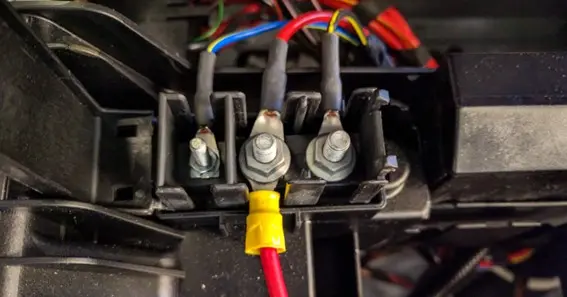The 2004 Dodge Sprinter, part of the T1N series, does not feature a modern smart alternator. Instead, it utilizes a traditional alternator system that operates at a fixed voltage. Smart alternators, which adjust charging rates based on vehicle needs to optimize fuel efficiency and performance, became more common in later models, especially with the introduction of the NCV3 series in 2007.
In 2004, the Dodge Sprinter typically came equipped with a standard 12V alternator, available in various capacities such as 90A and 120A. These units are capable of charging auxiliary batteries but do not feature the advanced control systems found in smart alternators.
No, the 2004 Dodge Sprinter is equipped with a conventional alternator and does not feature a smart alternator with adaptive charging capabilities.
Differences Between Standard and Smart Alternators
A traditional alternator like the one in the 2004 Dodge Sprinter maintains a constant voltage, usually around 13.5 to 14.4 volts, regardless of driving conditions. This simplicity makes it reliable for straightforward charging tasks but lacks the adaptive features of a smart alternator, which can vary output to improve fuel efficiency and extend battery life.
FAQ
- What is a smart alternator?
- A smart alternator adjusts its charging output based on the vehicle’s needs, improving efficiency and managing battery health better than a traditional fixed-voltage alternator.
- Does the 2004 Dodge Sprinter use a smart alternator?
- No, the 2004 model uses a traditional alternator without smart capabilities.
- When did smart alternators become standard in Sprinters?
- Smart alternators started appearing in Sprinters with the introduction of the NCV3 series in 2007.
- What is the typical alternator capacity for the 2004 Dodge Sprinter?
- The 2004 model commonly features 90A to 120A alternators, which are traditional fixed-voltage units.
- Can I upgrade my 2004 Dodge Sprinter to a smart alternator?
- While possible, upgrading to a smart alternator would require significant modifications, including changes to the vehicle’s electrical system.










